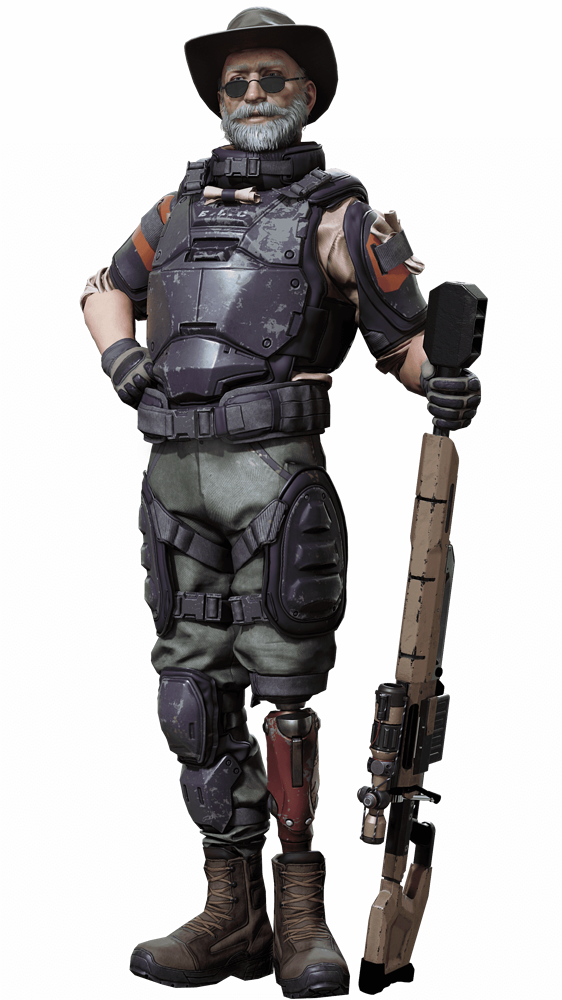

These half-hour consultations, conducted via Zoom, are meant to help teachers respond effectively to challenges faced in their teaching. Professor DiYanni also will be available for individual consultations on aspects of teaching to be determined by individuals who sign up for the service. Among his recent books are Critical and Creative Thinking: A Brief Guide for Teachers and Critical Reading Across the Curriculum (both with Wiley-Blackwell) The Craft of College Teaching and You Are What You Read, both published by Princeton University Press. He has written extensively on the teaching of literature and writing, on interdisciplinary humanities, and on critical and creative thinking.

Robert DiYanni is a professor of humanities at New York University and a former instructional consultant for NYU’s Center for the Advancement of Teaching. Participants can expect to derive clear principles and effective practices for generating and sustaining discussion in their classes, including techniques for responding to students and having them engage in productive cross-talk with one another.ĪPPLY FOR THE 9:00 AM - 10:30 AM SESSION (EDT) - Tuesday, October 4ĪPPLY FOR THE 11:00 AM - 12:30 PM SESSION (EDT) - Tuesday, October 4 In this workshop we will consider the benefits and limitations of discussion, along with challenges in its use. Like other active-learning pedagogical strategies, discussion-based teaching needs to be goal directed and learner centered. Good discussions, moreover, are grounded in questions that generate productive thinking for students and instructors alike.

Effective discussions occur when they possess an explicit, clearly-defined purpose, and when they are summarized and assessed. Leading productive discussion classes requires both preparation and practice. In college and university seminars and other small classes, teaching often takes the form of discussion, which provides a useful complement to lecturing. Participants can except to come away with specific approaches to revision from macro to micro-from conceptual revision to structural revision to stylistic revision: revising for idea, for organization, for stylistic elegance and grace-and more.ĪPPLY FOR THE 9:00 AM - 10:30 AM SESSION (EDT) - Thursday, September 29ĪPPLY FOR THE 11:00 AM - 12:30 PM SESSION (EDT) - Thursday, September 29 This workshop focuses exclusively on revising-on the nature of revision, on strategies for revision. A draft is the first essential element of writing to be revised. We can’t revise of course, unless we have written something to work on and work with.
#Second extinction ortega combat high full
Revision is an essential part of the writing process without revision most writing never reaches its full potential. What’s written needs to be revised-always. This workshop follows an initial session on the habit of writing-which prompts participants to write something.


 0 kommentar(er)
0 kommentar(er)
